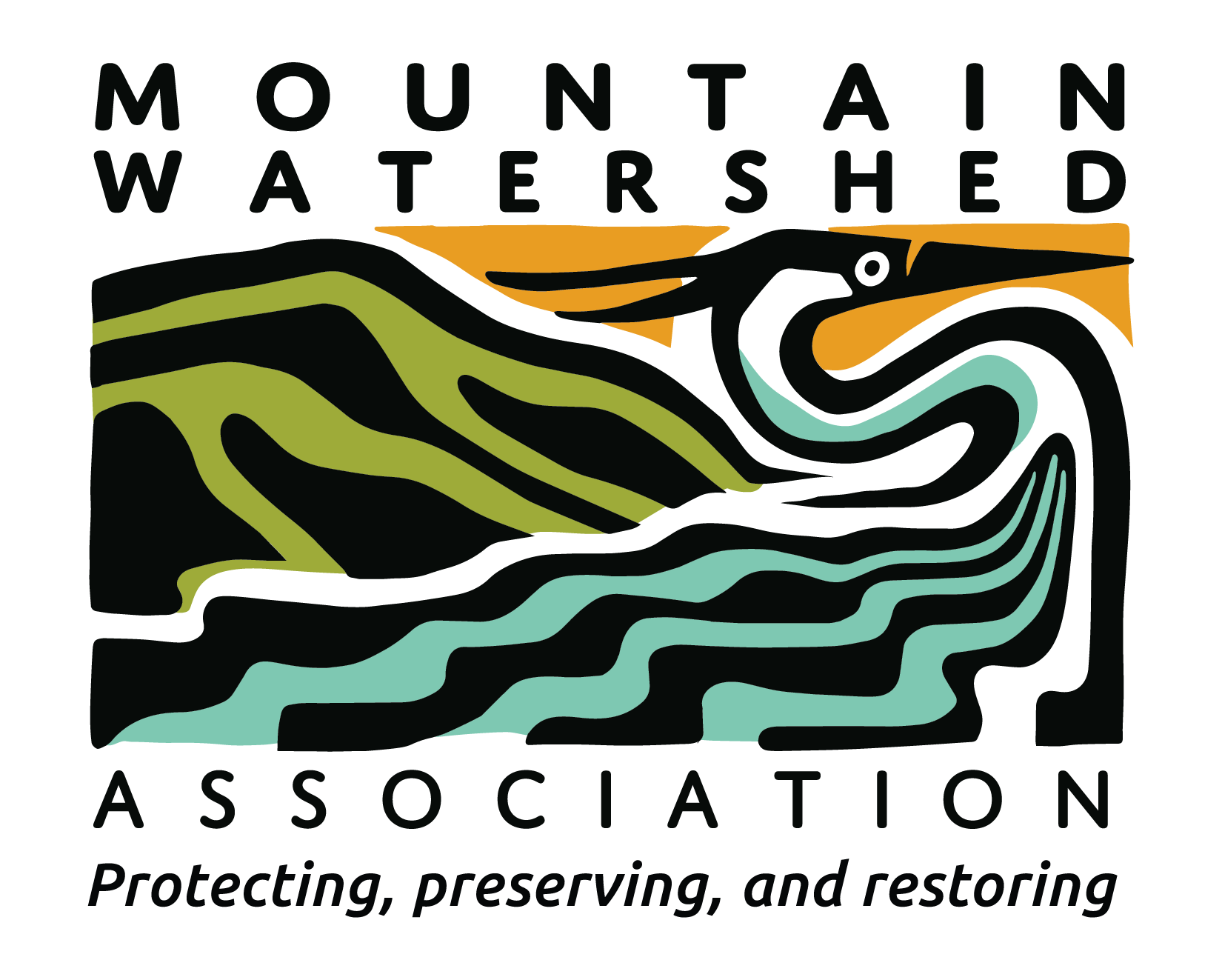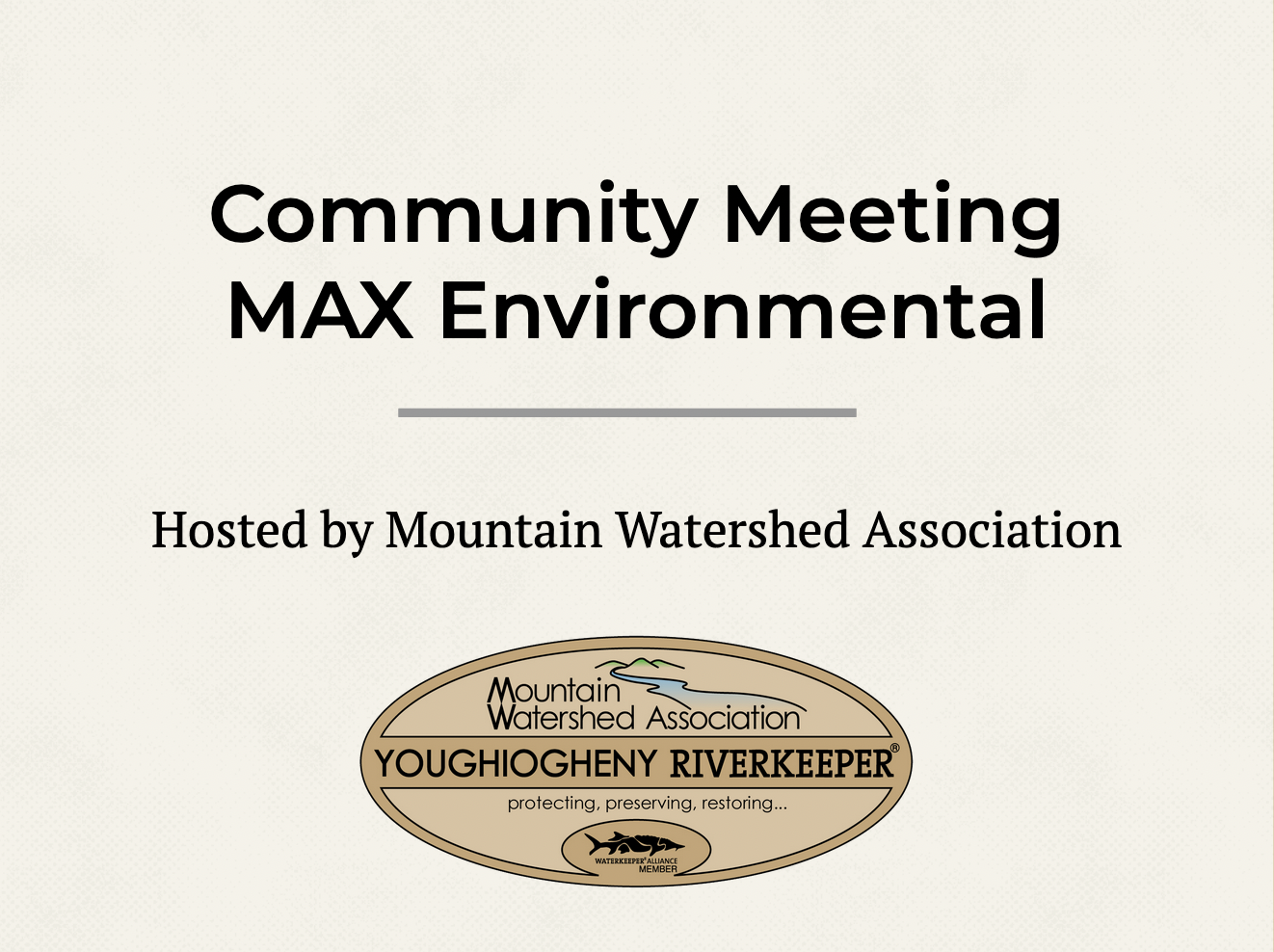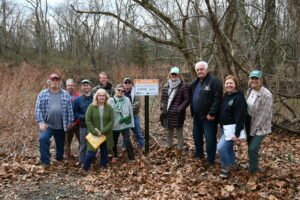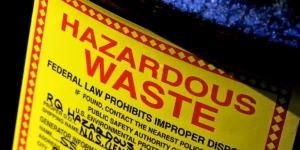MAX’s Yukon plant is the only facility in Pennsylvania that offers RCRA Subtitle C permitted waste treatment and on-site commercial disposal of residual waste. The facility’s residual waste landfill is permitted to accept a wide range of materials from energy, construction, and manufacturing industries, as well as from metal contaminated waste site cleanups.
The compliance history for this facility shows many violations for lengthy periods of time. The current Landfill #6 will be closing soon. MAX has submitted preliminary applications for an expansion and the proposed Landfill #7.
Map of Proposed Expansion
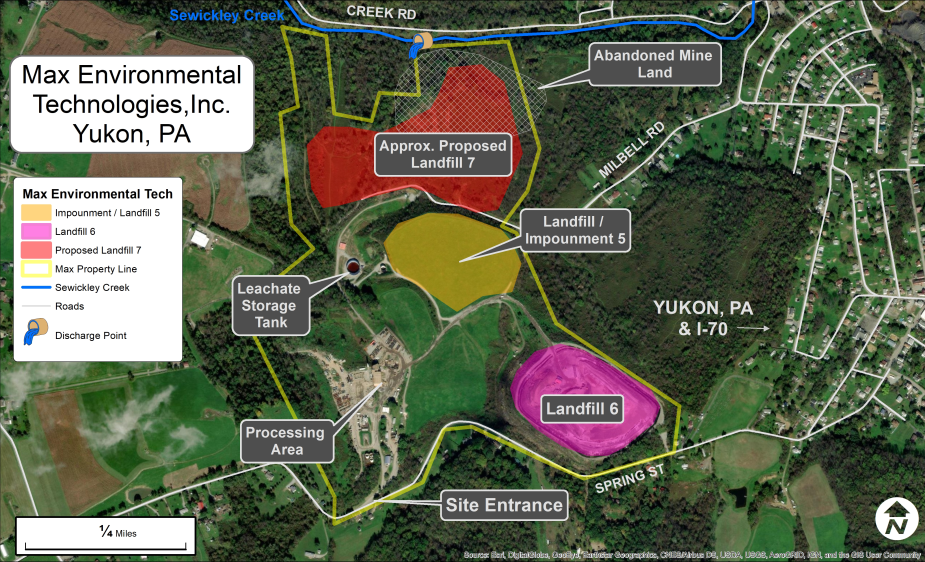
MWA has been working with a group of community members since 2017 to understand the impacts of MAX Environmental and begin monitoring and additional community outreach.
A Legacy of Violations
The Department of Environmental Expansion noted 105+ violations between 2002 - 2012. These include:
- Improper handling of hazardous waste
- Dumping solid waste unlawfully
- Leaking containment boxes causing
- Hazardous waste to spread onto the ground
- Facility not maintained /operated to minimize risk of fire
Violation History:
- Illegal burning in 2021
- From January 2007 to August 2019, MAX’s was out of compliance with their water discharge permit for 1,846 days. Those exceedances included: fecal coliform, ammonia, chlorine, and more.
- In one year, from August 2018 to August 2019, Max exceeded their limits for contaminants like: hexavalent chromium, zinc, oil & grease, and pH, for 124 days.
- Max continues to struggle with compliance and the DEP issued violations in February and June of 2020 and July of 2021.
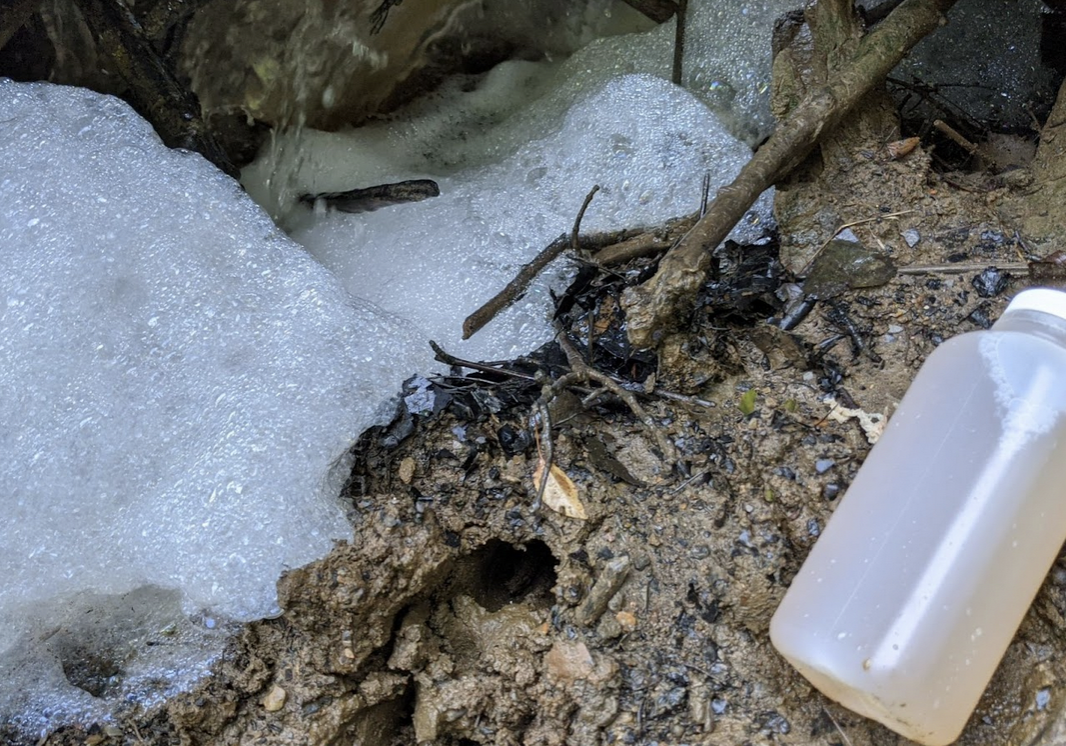
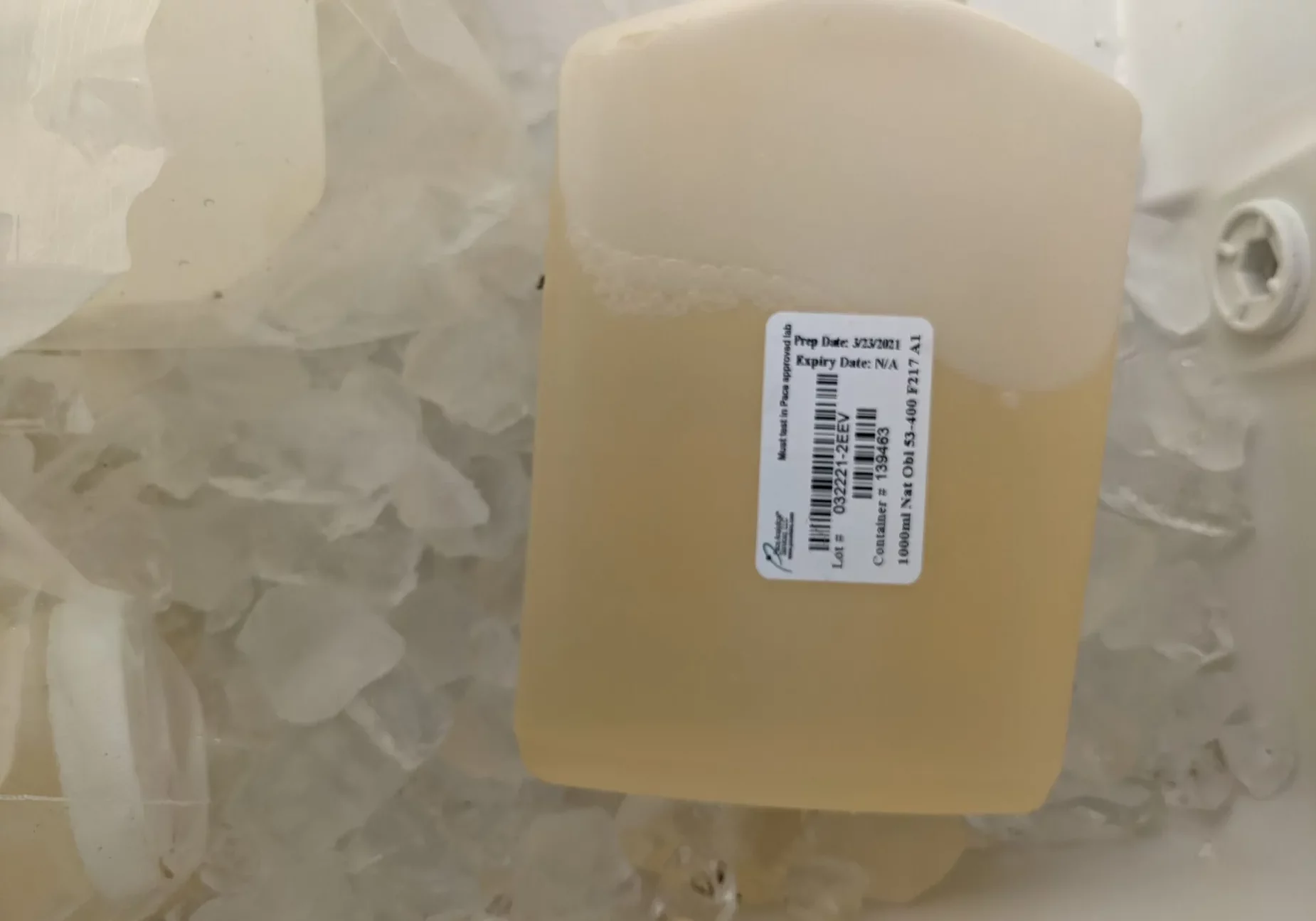
Water samples collected from MAX Environmental
How to File a Complaint
Filing complaints with the appropriate agency is important for two main reasons. First, it helps lead to the issue being resolved quickly. If the enforcing agency notifies Max of a violation, there can be a quicker fix – this potentially means less harm done to the environment and/or community. Secondly, complaints help to build a better record. A more robust record is a tool agencies can use to see a clearer picture about operations. For example, compliance histories can reveal patterns of violations that point to bigger issues like failing equipment or structural flaws in operations, which can ultimately be remedied through permit modifications or updates.
Tips
- Gather as much documentation as you safely can.
- Be sure you have legal access to all areas you access and avoid any situations that may result in injury.
- Take photos or short videos when possible. Digital photos are ideal because they can be time and date stamped. Photos taken on your smartphone can also be location-stamped, which helps the enforcing agency verify a violation. Check your settings to enable geo-tagging on your phone.
- If your photos or videos cannot be location-stamped try to include relevant landmarks like roads or signs, that will help the enforcing agency to verify the complaint.
- If you are not able to take photographs, simply jot down handwritten notes as soon as you’re able. Be sure to include the time of day and location and as much detail as you can about your experience.
News & Updates
Mountain Watershed Association and Yukon community members installed two informational warning signs on the banks of Sewickley Creek, near the permitted discharge point of MAX Environmental Technologies Landfill #6 on…
Read MoreIn Pennsylvania, the Department of Environmental Protection (“DEP”) is responsible for providing guidance to applicants and interested parties regarding the permitting procedures of hazardous waste facilities. On January 20, 2024,…
Read MoreOn Monday, January 29, a Fairness Hearing was held in the Westmoreland County Court of Common Pleas. The Hearing, which was before Judge Harry Smail Jr., was a procedural step…
Read More
